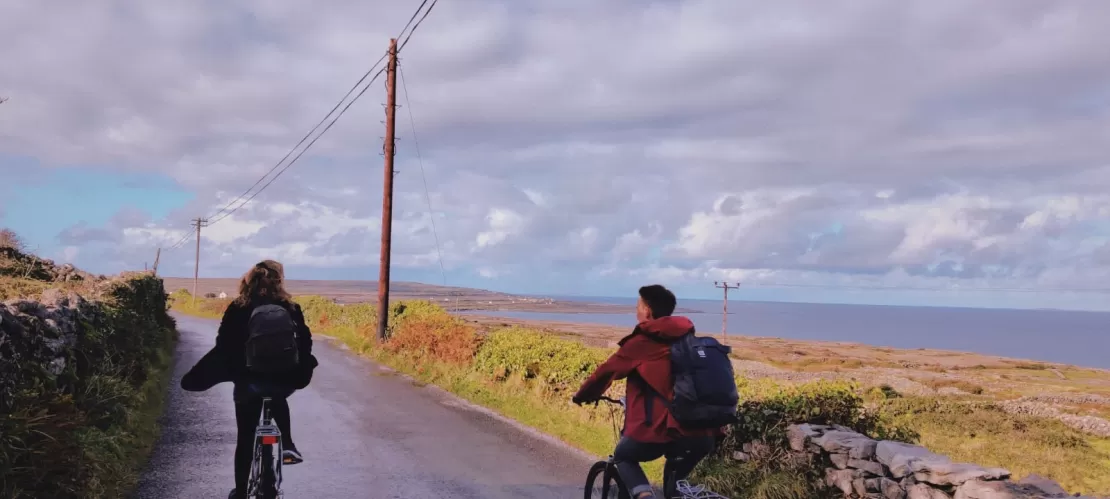
I read that being an exchange student is having the courage to let your heart be divided into small pieces that will be taken to every corner of the world, while also holding on to the hope that one day they will all be back together again. I’ve been an exchange student twice, and I still think that this passage perfectly encapsulates the essence of my experiences.
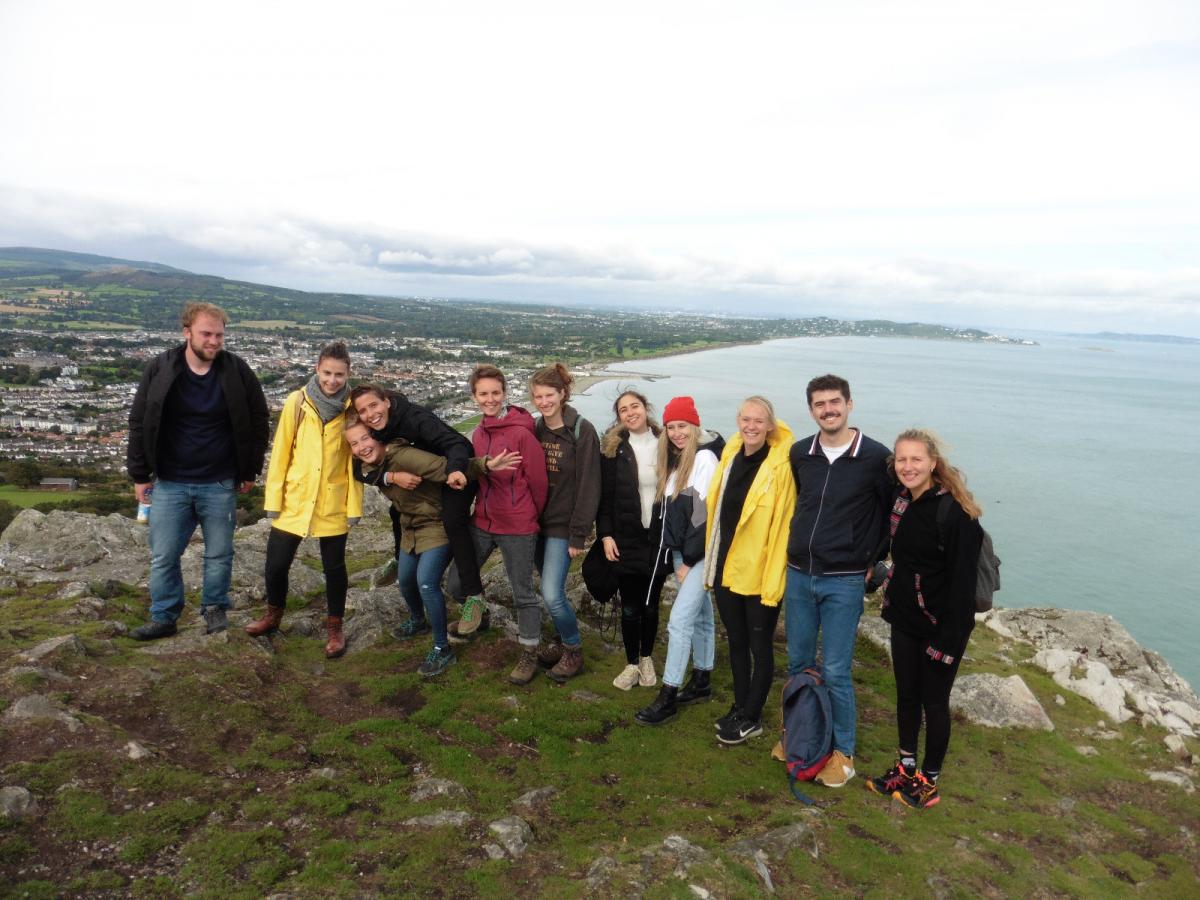
This won’t be a story about Erasmus love. I know that some of us dream about the kind of relationships that survive the test of time and borders and culminate with the birth of at least one of the famous 2 million Erasmus babies, but I didn’t write anything of the sort. I also think it’s wonderful to read about long-lasting friendships that start with a “Where are you from?”, which actually means “I don’t care where you’re from, as long as we can be friends”. In terms of storytelling, personal circumstances forced me to go a bit further.
I went on Erasmus the same day my dad got a bone marrow transplant.
The months that preceded my departure were riddled with guilt and uncertainty. I was doing all my paperwork taking care not to get too excited. I often asked myself why I was leaving during such a difficult time. When my dad got worse, I wanted to give everything up and just stay with him. My parents would accept no such thing. On top of everything they were going through, they found the strength to convince me to go on mobility.
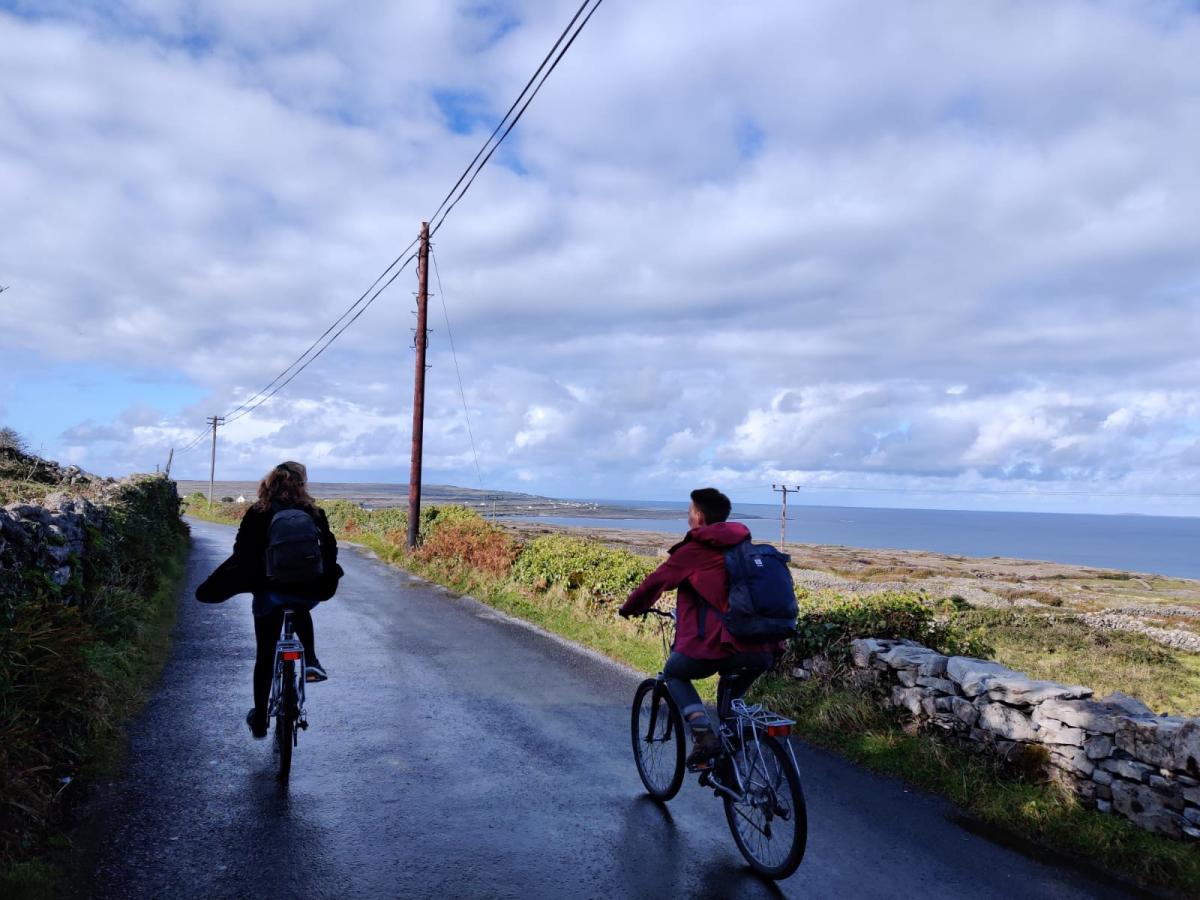
The first weeks felt so bizarre: I missed home so much but tried to push every worry to the back of my mind. I wanted to look happy and approachable. I wanted to connect with people and make friends. Everyone knows that the fear of missing out acts up during the first days of exchange. I danced and made small talk and drank, even though I really could have used a break where I just took care to eat all my meals and get a good night’s sleep. I was afraid to call my mom. I didn’t want her to worry about me. While I sought out someone I could talk to about what was happening back home, I still recoiled at the thought of people avoiding me if they knew my dad was sick. I didn’t want people to pity me.
Little did I know, life was going to surprise me. When I broke down crying in our kitchen, my flatmates were there for me. They made me hot chocolate and gave me muffins, but most importantly, they held me in their arms and listened to me, not only then, but every time I needed to unburden my heart. According to stereotypes, Germans are cold people, but I could write a doctorate about why that’s utterly ridiculous after meeting them. They were there when I got a text message from my dad after he woke up from surgery, a message more important to me than that from any crush.
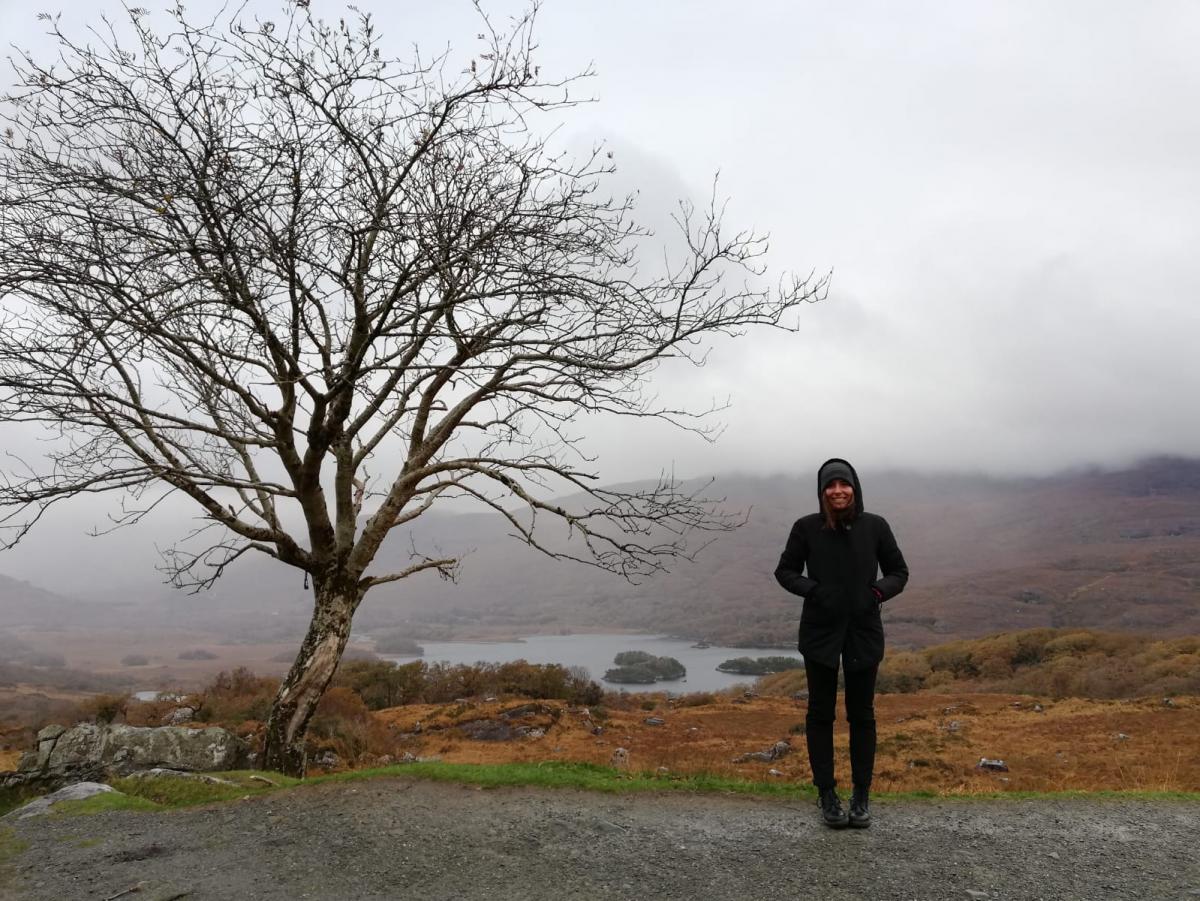
My friends reminded me that I was allowed to have fun and while they were by my side that wasn’t difficult at all. I loved going out to karaoke with them. I learned that each and every one of them had a story, and some stories were even darker than mine. I learned that the Germans have a word for when you’re envious of other people’s food, the French say “Ohlalaaa” very often, Swiss German sounds like a happy song and someone finally explained to me why Spanish people write “jajajaja”. I was also shocked to discover that the Danish have a law that forbids having only one hamster because they’re sensitive animals and suffer from loneliness. How’s that for cultural enlightenment?
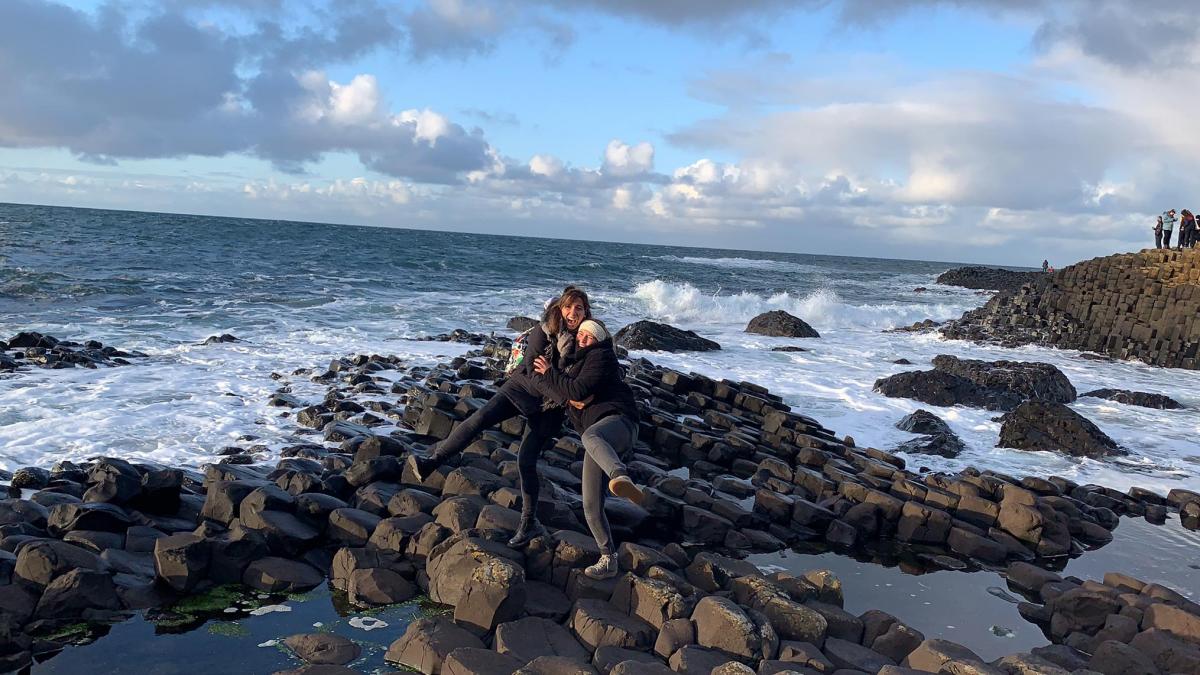
My mother and my sister’s bravery made all of this possible for me. They took on the task of caring for my father so that I could leave. They continued to help me sort out my problems, even when theirs were so much bigger. They put on a smile and offered a helping hand every chance they got. I knew that deep down they must have been as afraid as I was, but they handled everything wonderfully regardless. If I would start writing about my father, I probably wouldn’t know where to stop, so I’ll just say this: he taught me strength, patience and there was greatness in everything he did.
I guess that, in a way, this story is about love, a love that was courageous above all else and that came from everyone around me. This mobility taught me altruism at its finest, as I had stopped thinking exclusively about myself and instead put the well-being of those around me above all else. My parents and my friends mean the world to me.
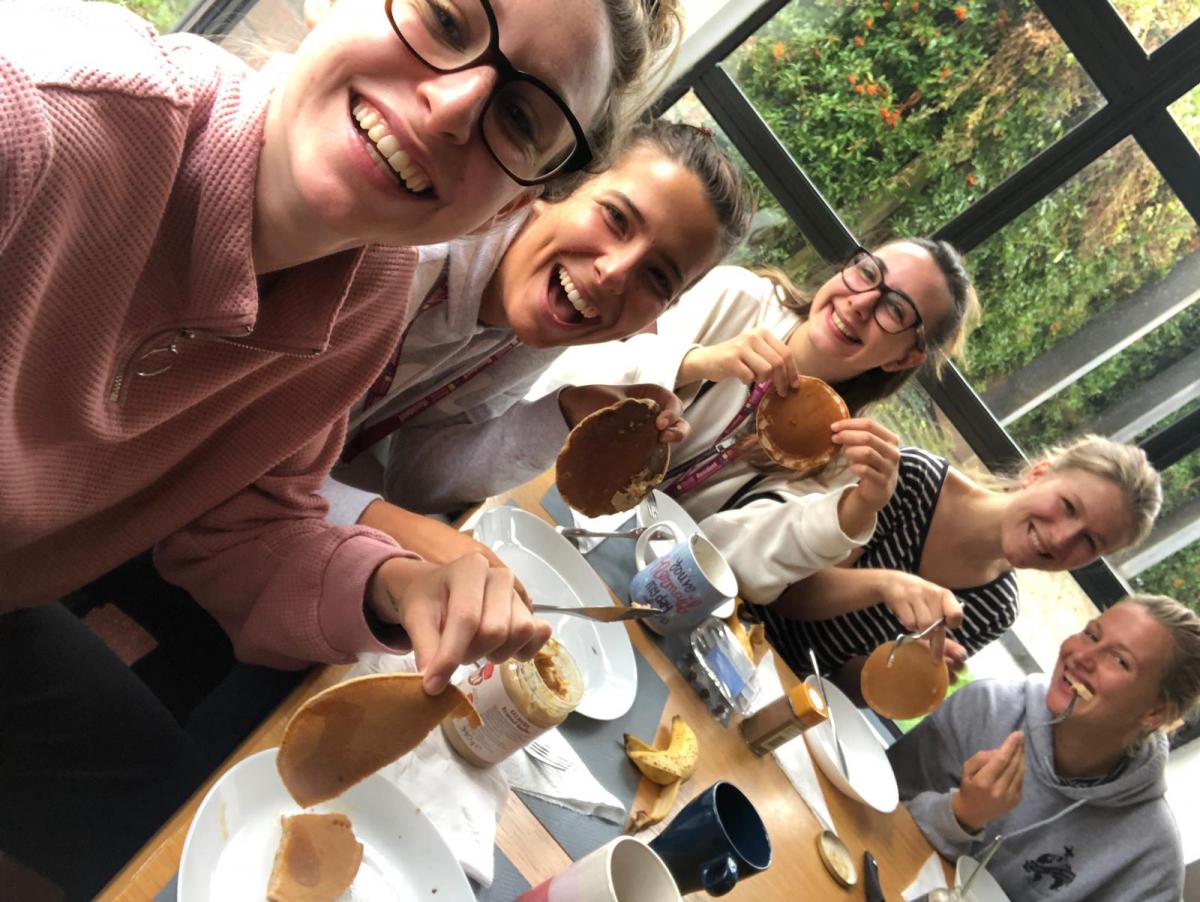
Going abroad taught me to expand my love across states, cultures and nationalities and fortified the bond I had with those I had left behind, back home. Love is love no matter your gender or sexual orientation, love is also family, in whatever form it exists.
Recently, I read that a group of scientists tried to demonstrate that certain emotions are specific to a handful of nationalities. Guess what? The results revealed that across cultures happiness is happiness, pain is pain and love is love. I bet at least one of those scientists was an Erasmus student once upon a time.
